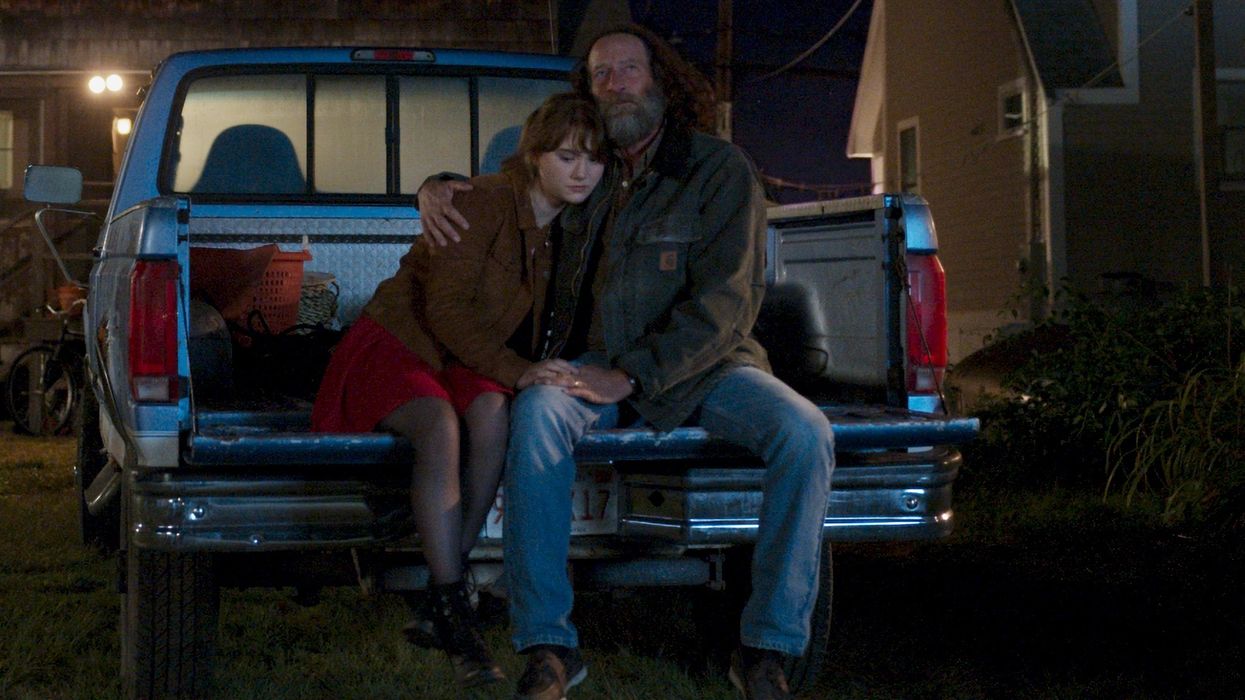10 Screenwriting Tips from Best Screenplay Oscar Nominees and Winners of 2022
Who better to learn from than the writers nominated for the highest awards in the business?

I always say if you want to learn screenwriting, then you need to just read screenplays. We have a collection of the scripts nominated for the 2022 Academy Awards, but we wanted to also get some tangible advice from the writers that you can apply to your own work.
So get out your pen and paper and start taking down ideas from this year's Academy Awards Best Original and Best Adapted Screenplay nominees.
Check out this video from Outstanding Screenplays, and let's talk after.
10 Screenwriting Tips from Best Screenplay Oscar Nominees and Winners of 2022
1. Don't Look Up Writers: Adam McKay, David Sirota—"Research and think about what kind of narrative is rooted in us as audience members and as people and subvert the expectation of that familiar premise."
When you sit down to write something, it's crucial to take the audience into account. So take your time learning a lot about the subjects and story elements you think will connect.
There's a certain group of people who can get lost in the research. So be wary. Always get to writing. Tell your story.
2. The Worst Person in the World Writers: Joachim Trier, Eskil Vogt—"Use love as a theme for something more than just two people kissing."
What does love mean to you? How can your movie dissect that complicated feeling outside of making out? If you're going to tackle love, make it meaningful.
3. Licorice Pizza Writer: Paul Thomas Anderson—"Don’t chase themes when writing. Let them naturally emerge."
Themes are hard to fulfill if you start out looking for them. A lot of times you to have to write the story and let the themes emerge. So get to work on your idea and see what naturally comes up as you get deeper.
4. Belfast Writer: Kenneth Branagh—"Absorb what you learn from brilliant screenwriters, but don’t second-guess your instincts when it comes to your own script and focus on capturing the spirit of what you’re writing about."
As I said at the top, to become great, you have to admire the greats. Absorb how they command the page, the characters, how they show their voices. Then follow your spirit. What do you have to say? How can you say it to the audience?
5. King Richard Writer: Zach Baylin—"Choose the most precarious time in your character’s lives to make the story dramatic."
With biopics, it can be hard to encapsulate someone's entire life into a screenplay. And when you're writing an original idea, the thought process is the same.
You're picking a part of a life where we see the most important change. The circumstances that shift everything. Dramatize that and see where it takes you.
6. Dune Writers: Denis Villeneuve, Eric Roth, Jon Spaihts—"When adapting material, find the right balance of giving out information so that the people who’ve read the material will enjoy it as much as someone who is just getting introduced to this world."
Exposition is a powerful storytelling technique. But you can drown an audience in it, you can be boring. Learn how to space that exposition out and make it relevant to the scene. And make it interesting.
7. The Power of the Dog Writer: Jane Campion—"The story needs to keep evading your best expectations, but feel true at the same time."
This is a tricky piece of advice. In my interpretation, I think Campion is urging you to buck genre conventions. Stop doing what is expected, do what your heart wants.
Take the story to your emotional limit and see where you land.
8. Drive My Car Writers: Ryusuke Hamaguchi, Takamasa Oe—"Have the actors play out the backstories you have written for them, because that way, the backstories aren’t just thoughts and ideas but they become memories and experience."
This is a really interesting directing technique. Write a few key scenes when you attach the actors. Have them be backstory scenes where they can feel the emotions of what happened to them and understand the pivotal moments. This can also help you understand where the story is going.
9. The Lost Daughter Writer: Maggie Gyllenhaal—"It’s inherently dramatic to tell the truth about something taboo. The audience will feel comforted to know they’re not the only ones with dark feelings."
You can find an audience for anything. Never be scared to tackle a topic.
Will they all work in Hollywood? Probably not. But making movies and writing screenplays are artistic impressions that can take us to new depths. Go there. See who comes with you.
10. CODA Writer: Sian Heder—"When you’re writing a story about something like a disability, don't define the characters by their disability but find their own personal flaws within them."
Your characters need to be defined by much more than what people see on the surface. Don't rely on tokenism as representation. If you have disabled characters, make sure you honor them as human beings and tell a story with deep characters who matter. Get consultants to help you learn more.
Source: Outstanding Screenplays











